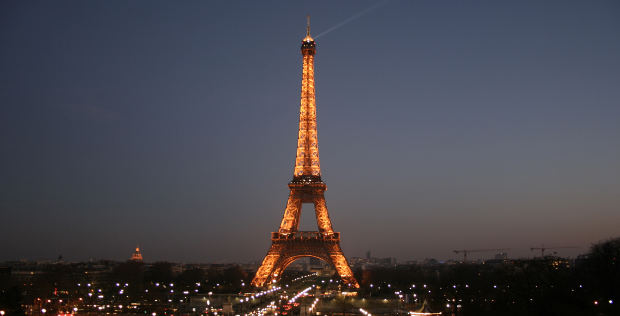
New Managing Director for Bellona Norway
The Board of the Bellona Foundation has appointed former Minister of Climate and the Environment Sveinung Rotevatn as Managing Director of Bellona No...
News

Publish date: October 27, 2015
News
Following five days of negotiations a revised draft text for the Paris agreement was published. While some claim the new text is a significant improvement in terms of reconciling positions, disagreements persist over core issues including burden sharing in terms of emission reductions, the ramping up of climate finance, and a plan for irreversible loss and damage.
What are the key areas of disagreement?
Countries remain divided on key issues, one them being burden sharing under a post-2020 climate agreement. While developing countries insist that the text contains an explicit reference to the principle of ‘common but differentiated responsibilities’ and the historic responsibility of developed countries to take lead in reducing emissions, developed countries want to move away from this distinction.
Another divisive issue remains that of climate finance. Parties to the UNFCCC have agreed that $100 billion a year are to be mobilised by 2020 to support developing countries in the undertaking of climate mitigation and adaptation activities. An option (i.e. text subject to confirmation) in the draft agreement highlights the need for flows from developed countries to exclude double counting, or in other words, ensure the financial support is strictly intended for climate mitigation and adaptation purposes, as opposed to merely ‘re-packaged foreign aid’.
Transport emissions
One of the major changes that came out of this negotiation round was the reference to inclusion of international transport emissions. The text notes that countries should ‘pursue limitation or reduction of greenhouse gas emissions from international aviation and marine bunker fuels’ through the ICAO and IMO respectively. Furthermore, the text reads that Parties to the post-2020 climate deal will seek to agree concrete measures addressing these emissions, including developing procedures for incorporating emissions from international aviation and marine bunker fuels into low-emission development strategies.
Next steps
After last week’s negotiation round, delegates requested the UNFCCC Secretariat to conduct a technical assessment of the sum of countries’ climate pledges (or so-called INDCs) submitted towards COP 21. On 30 October the Secretariat will be presenting a synthesis report on the aggregate effect of the climate pledges. A press conference will be held for the occasion featuring UN Climate Chief Christiana Figueres and German State Secretary Jochen Flasbarth. The conference will be made available via webcast on the German Environment Ministry’s website.
A last-minute chance to progress the text before COP 21 kicks off
In an attempt to facilitate a constructive debate and agreement over some of the key problem areas, the French government will be hosting a ministerial meeting from 8-10 November in Paris.
Having participated in the UN international climate conferences since the first one was held in 1992, the Bellona Foundation will be actively present at COP 21 in Paris. On 14 October 2015 Bellona launched its plans on collaboration for COP 21, at an event in Oslo which was honored by UN Climate Chief Christiana Figueres. Bellona will host a series of high-level events to showcase the necessity of accelerating the deployment of Carbon Capture and Storage (CCS) technology, energy storage technologies as well as fostering electrification of transport.

The Board of the Bellona Foundation has appointed former Minister of Climate and the Environment Sveinung Rotevatn as Managing Director of Bellona No...

Økokrim, Norway’s authority for investigating and prosecuting economic and environmental crime, has imposed a record fine on Equinor following a comp...

Our op-ed originally appeared in The Moscow Times. For more than three decades, Russia has been burdened with the remains of the Soviet ...

The United Nation’s COP30 global climate negotiations in Belém, Brazil ended this weekend with a watered-down resolution that failed to halt deforest...